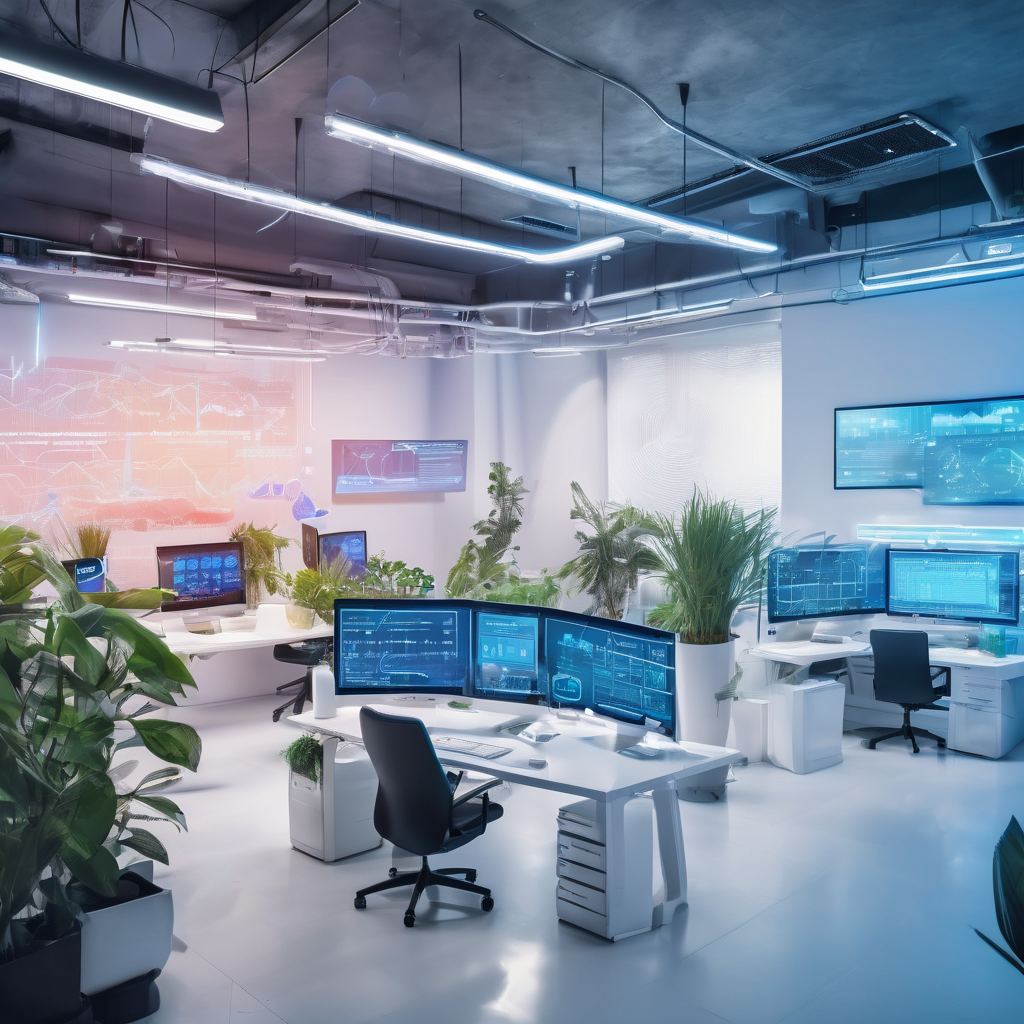
AI image generators can be enjoyable to interact with, but they have a drawback - their generative nature. These algorithms gather information from the internet and produce output influenced by those sources. This can be problematic as it may result in the AI learning from and replicating artwork or photography without proper compensation to the artist or photographer. Furthermore, people who appear in photographs might not appreciate AI altering their likeness in strange or unauthorized ways. To address this issue, MIT's Computer Science and Artificial Intelligence Laboratory (CSAIL) created a tool called "PhotoGuard" to safeguard images against malicious editing.
The key to PhotoGuard's functionality lies in the manipulation of pixels, making subtle changes that are imperceptible to humans but significantly disrupt the algorithms. Two methods have been developed by MIT, as described by Hadi Salman, the lead author and a doctoral student at the institute. Salman also proposed that AI model manufacturers could provide application programming interfaces (APIs) to protect and "immunize" the photos of other individuals. This suggestion holds merit, particularly in light of numerous lawsuits in which AI models have been trained on the works of creators without their consent, leading to legal disputes like the case involving Getty Images and Stability AI, where over 12 million images were allegedly copied without permission or compensation. Therefore, exploring avenues to safeguard creative content and respect the rights of authors, musicians, and other creators is crucial.
None


Cisco Systems Inc., a global leader in technology renowned for its networking hardware, software, and telecommunications equipment, has recently revised its sales forecast upward.

A San Diego defense tech firm, Shield AI, introduced an AI-piloted fighter jet called the X-BAT on Tuesday, capable of vertical takeoff and landing (VTOL) without runways, advancing the Pentagon's vision of autonomous drones operating combat missions alongside human pilots.

Charter's Spectrum Reach has reported notable success using Waymark’s AI-powered advertising creation platform, having produced over 15,000 ads since the partnership between the two companies began earlier this year.

South Korea is set to make a significant leap in artificial intelligence by planning to construct the world’s largest AI data center, boasting a power capacity of 3,000 megawatts—approximately three times the size of the current "Star Gate" data center.

Artificial intelligence (AI) is rapidly revolutionizing search engine optimization (SEO), bringing both considerable challenges and exciting opportunities for SEO professionals around the globe.

Lightricks, a trailblazer in digital content creation technology, has launched an innovative product called LTX Studio, set to transform video production through artificial intelligence.

C3.ai, a leading enterprise artificial intelligence software provider, has announced a major restructuring of its global sales and services organization to boost operational efficiency and better align resources with long-term growth goals.
Launch your AI-powered team to automate Marketing, Sales & Growth

and get clients on autopilot — from social media and search engines. No ads needed
Begin getting your first leads today